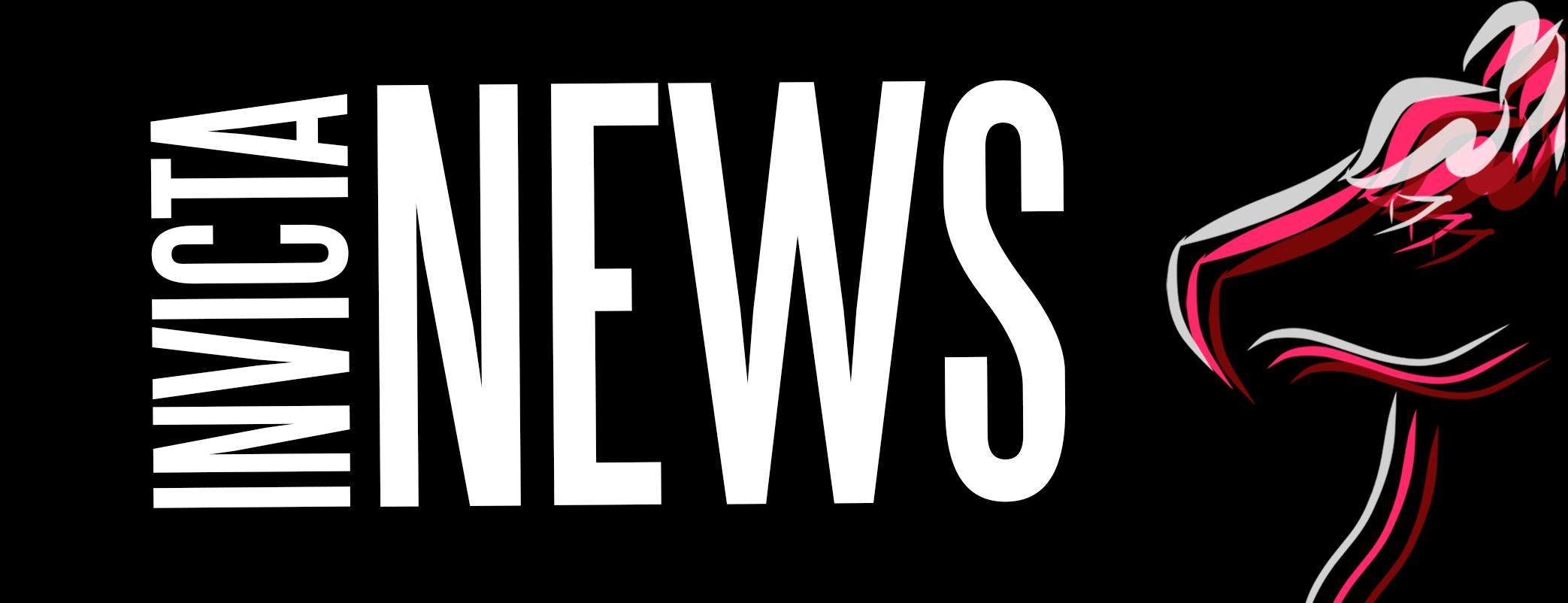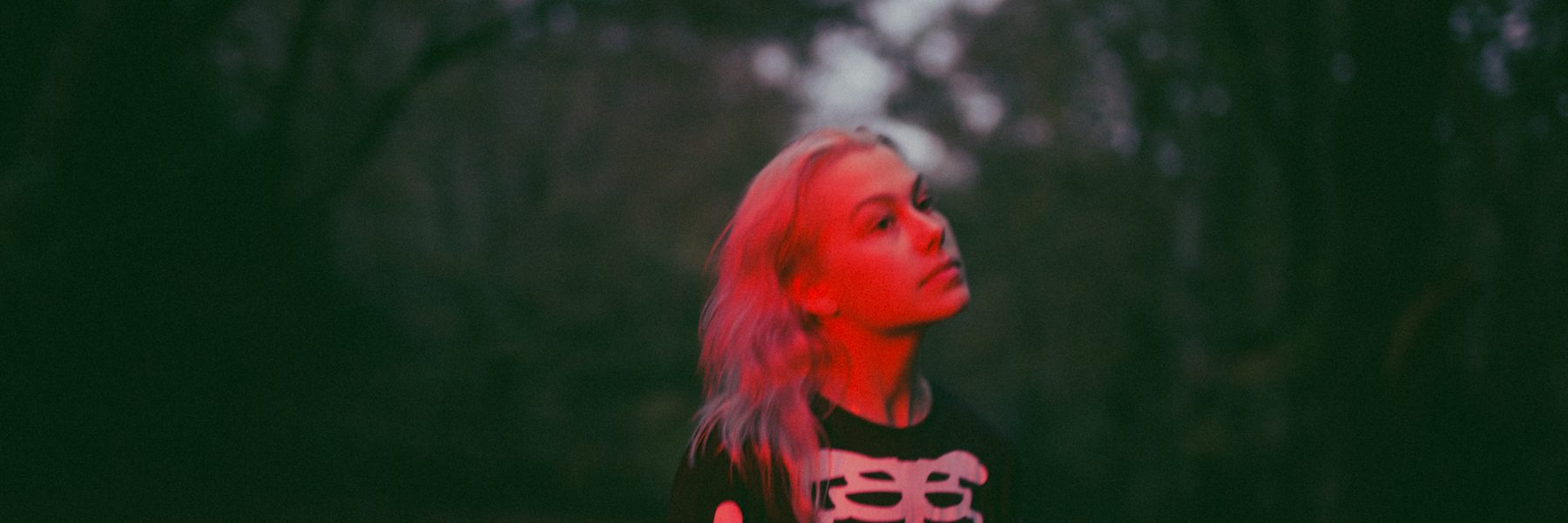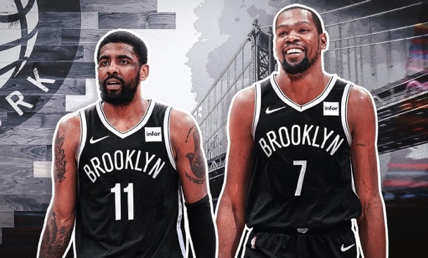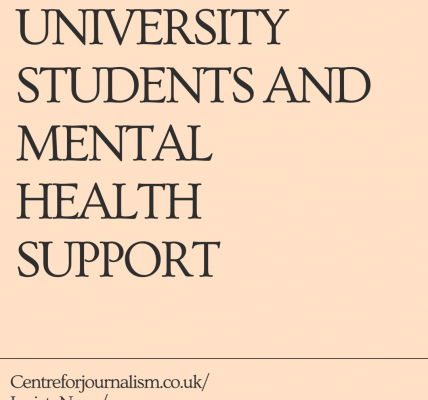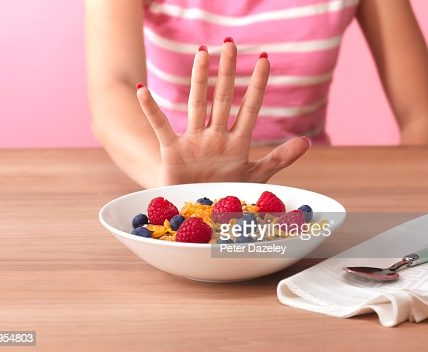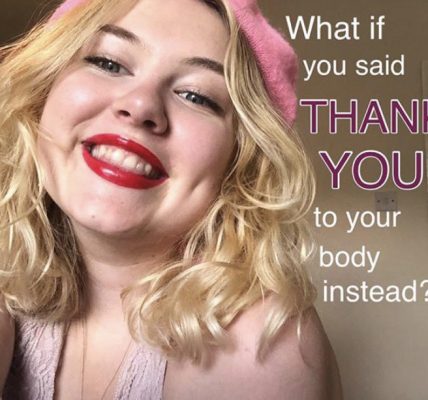(Article not to be assessed for news-day)
With a growing mental health crisis caused by continuing quarantines, music is playing an ever-increasing role in our society. These are the stories of what music means to people today.
“Three years ago, I found myself in a psychiatric hospital having taken an overdose that could only be described as wholeheartedly deliberate. I was at home alone at the time and will not ever forget the way my dog looked at me when I had done it. Truth be told she is the only reason I am alive today. I could not put her through it.
“Cut to a couple of days later when I was allowed my headphones back, the first thing I listened to was The Winter of Mixed Drinks by Frightened Rabbit in its entirety three times in complete silence. I do not know why, but third time around the song Not Miserable absolutely floored me.
“‘I will always remember the night I almost drowned all alone in a house.’
“I cried for probably about an hour solidly afterwards. But not in an ‘I want to end this all’ way. It was cathartic.”
These are the words of 28-year-old J. Henry, self-described as the least famous type-one diabetic Rovers fan in rural Buckinghamshire. He is one of the millions of people across the country who have struggled with their mental health and for who music has been intertwined with that. With over one in five people in the UK feeling hopeless, according to mental health charity MIND, the relationship between the arts and wellbeing is becoming ever clearer.
For Henry, who is a musician, the arts can be a double-edged sword. He says there are times where he wished he could switch his creativity off. It can often “feel like a complete burden” as despite whatever else is going on in his life, he always has a burning desire to “keep the dream alive.” He said: “I would find myself deliberately allowing myself to become depressed and not taking care of myself because I’d convinced myself that that was the only way I could write anything I deemed good.
“The brutal realism of creativity for me is that the majority of the time it’s an uphill cycle on a chainless bike wearing a lead jacket, and concrete boots.”
This idea that great art must come from a place of torment is one long-established, with a plethora of popular artists at its forefront. Van Gogh’s cutting off of his ear during an episode is almost as famous as any of his paintings. Whether Kurt Cobain’s music catalogue would be half as emotionally charged without the addiction battles and chronic pain is hard to decipher. Even Beethoven suffered from depression and is speculated to have been bipolar.
Tolstoy said art is a microscope which the artist fixes on the secrets of his soul, and shows to people these secrets which are common to all. Such art is often at its most compelling when it expresses the inner turmoil of the artist. Henry thinks musicians are getting better at being emotionally truthful and that can help elicit an emotional response. He said: “We’re being subjected to less of the saccharine and more of the honest.
“I can not think of a single person I know personally who has not deliberately put a certain artist on to be the soundtrack to a crying session.”
One of the albums he highlights doing this well is Stranger In the Alps by Phoebe Bridgers. Although originally released in 2017 it has found a new lease of life during lockdown. Being described by NME as less a collection of songs and more a collection of feelings, Bridgers does not shy away from the macabre. The epitome of this can be felt during the opening verse to the track Funeral:
I’m singing at a funeral tomorrow,
for a kid a year older than me.
I’ve been talking to his dad.
It makes me so sad.
When I think too much about it I can’t breathe.
The second track Motion sickness has become anthemic for many during the pandemic and has built up Bridgers an even larger legion of fans. Emily Smith (pseudonym) runs a ‘stan’ Twitter account that is followed by the singer herself (stan is an online term meaning to be a fan of something obsessively). The LA-based musician has been especially important for her over lockdown: “It’s nice to feel like you aren’t alone, especially when you can’t see anyone or go anywhere.
“I have made so many friends though her music and honestly I talk to these people more than the friends I have in real life. I think it’s been really important for my mental health to talk to people right now and her music was what introduced me to so many of those people.”
Phoebe released her second album in July last year, building on the first, which has received an even greater level of critical and commercial acclaim. Bridgers has also been nominated for four Grammys including Best Alternative Album. To Smith, part of the appeal of her music is the way she manages to sing such melancholic lyrics in an alluring way. She said: “I think she is not trying to capture some grandiose message or whatever.
“Her writing is very intimate and personal but there’s something very universal about everyone’s experiences and showing them in a very stripped-down way just makes her music resonate more.”
It may not just be figuratively that people resonate with music as an aid to mental health. Judith Quinn is a voice-vibration sound healer. She describes music as a holistic experience – physically, mentally, emotionally, and energetically. Quinn says that because our bodies are mostly water, and water is an amazing conductor of sound, that when we hear music it resonates through our entire being.
As a sound healer, Quinn emphasises the power of your voice particularly through music. She says: “Your voice is a reflection of every experience or emotion you have ever had, imagined, or witnessed.
“All those experiences and emotions get held in our cell-memory and stored ready to be released again when we’re in similar situations.”
Using music and your voice she suggests is a way of addressing those experiences in a healthy way. Judith has experience of mental health issues having suffered from bouts of acute depression accompanied by suicidal thoughts. At her lowest point, she actually turned away from music, as she feared she would focus too much on the melancholic songs and risk the danger of being one of the “miserable goths listening to miserable music.”
Music can be incredibly valuable for mental health though, she adds. There are ways that people can get the most out of music and sound: “Whether that is singing along to your favourite song, or using your voice to growl, howl, scream, laugh, or gently humming yourself into a calmer space and using it to sound meditation.
“Sounding helps you recognise and release what’s not healthy for you and gives you a practice you can implement any time, any place.”
Song-writing is another way many have been able to find comfort by expressing their emotions. Lyric analysis is a popular method of treating mental health and being creative or listening to music often releases as much as 9% higher levels of dopamine, a natural anti-depressant, according to McGill University.
Ian Ó Curnáin is a musician, originally from Northern Ireland, currently working on his third studio album that has been written and recorded throughout lockdown. He has had depression for as long as he can remember. He had a “spectacular” breakdown five years ago but says it is one of the best things that ever happened. Music has remained an important part of his wellbeing: “Simply talking about difficult times with someone is rarely enough for me: I need something else.
“The emotion is in the writing. Sometimes I write when I’m in the midst of something, sometimes it is when time has passed and I can reflect. Sometimes, it is enough to know that something constructive has come out of something so destructive such as mental illness.”
Ó Curnáin’s song-writing he jokes evolves around three things: heartbreak, insomnia, and revolution, but recently with Covid-19 he has found a whole new source of inspiration.
“I thought this might be the defining event of our lives, and I felt I wanted to document it my own way. I thought loads of songs about lockdown would be rubbish, so I thought about being isolated in different contexts, and I started assembling together various scraps of lyrics and half-written tunes. I love that: putting it all together like a giant jigsaw.”
Whilst for Ó Curnáin the pandemic has been a source of inspiration, for others song-writing acts as escapism from the realities of the current situation. Louis R King is an award-winning film and television composer based in New York. He has worked with Disney on the likes of Little Mermaid II and Annie, as well as major brands such as Google or Xbox. He said: “As a composer, the process is often an escape.
“When Covid first hit NYC, I found myself writing a lot of music and that prevented me from focusing on all of the unknowns that Covid had brought. When you are in the moment of creating music it can be all-consuming in that whatever else is going on, you do not think about it.”
When composing professionally for films King points out that there are no off-days and such an artist must always be able to connect with their emotions. He said: “It is not unlike acting.
“Often you might have to write something very uplifting and optimistic even if you feel hopeless and overwhelmed by your world. If you want to truly emote an emotion, you have to feel it, you have to have experienced it. Most composers hear the music in their heads, much the way you can hear a song you know in your head. We take ourselves to that emotional place, and then hear the music…. It comes.”
Music is a universal medicine. From a New-York-based composer to Buckinghamshire’s leading diabetic, music has a power over our wellbeing that is undeniable. With more and more people struggling with being locked up away from their support networks, people need music now more than ever. Music is how we heal from the past year. It is what will carry us forward.
I buried a hatchet, it’s coming up lavender
The future’s unwritten; the past is a corridor
I’m at the exit, looking back through the hall
You are anonymous, I am a concrete wall.
–Smoke Signals, Stranger In The Alps, Phoebe Bridgers.
If you are struggling with your own mental health and need someone to talk to please contact the Samaritans – https://www.samaritans.org/ or call 116 123
What does music mean to you? If you would like to share your story of what music means to you please comment below and I will get in touch.
Zoe Natasha, English student – “I get called dramatic at times for saying this but music genuinely is one of the reasons I am still alive; at my worst points it has usually been a song or a person I associate with said song that gets me through it.”
Felix Räuber, musician –“ It is making me feel like I am doing something sensible for myself, fighting the putative insignificance of my existence.”
Kirsty Macleod, Music student – “I suffer with anxiety, depression, and PTSD. Music has always been there for me in those times of struggle, whether it’s to empower me, to enable me to feel emotions that I have tried to ignore, or to lift me up when I am low. The music seems to know the pain before you tell it. There’s a lovely scene in Pixar’s Soul, where the main character, a jazz musician, gets so lost in the music that he is between worlds – he retreats into his soul and nothing around him can touch him, and I think that perfectly reflects what happens when you pour your emotion out through music.”
Ben Taylor, website founder – “Music has the power to shift your mood completely. The right music can pull me out of a funk or help me to cry if that’s what I need to do. Music sits somewhere primal and can linger in the memory for huge periods of time.”
Max Salisbury, marketer – “For me, a big part of happiness is getting to a state where you’re no longer ‘tracking’ your thoughts. You are free of all worries; you’re not thinking about something that happened in the past, or something you might have to face in the future; you’re entirely absorbed in the here and now. Music helps me reach that state. and you’re just left with the ‘feeling’ – the most powerful, incredible sensations, that cannot be reached via any other means.”
